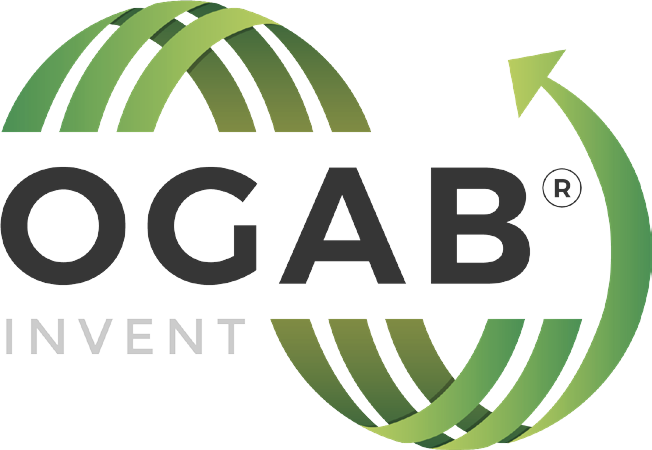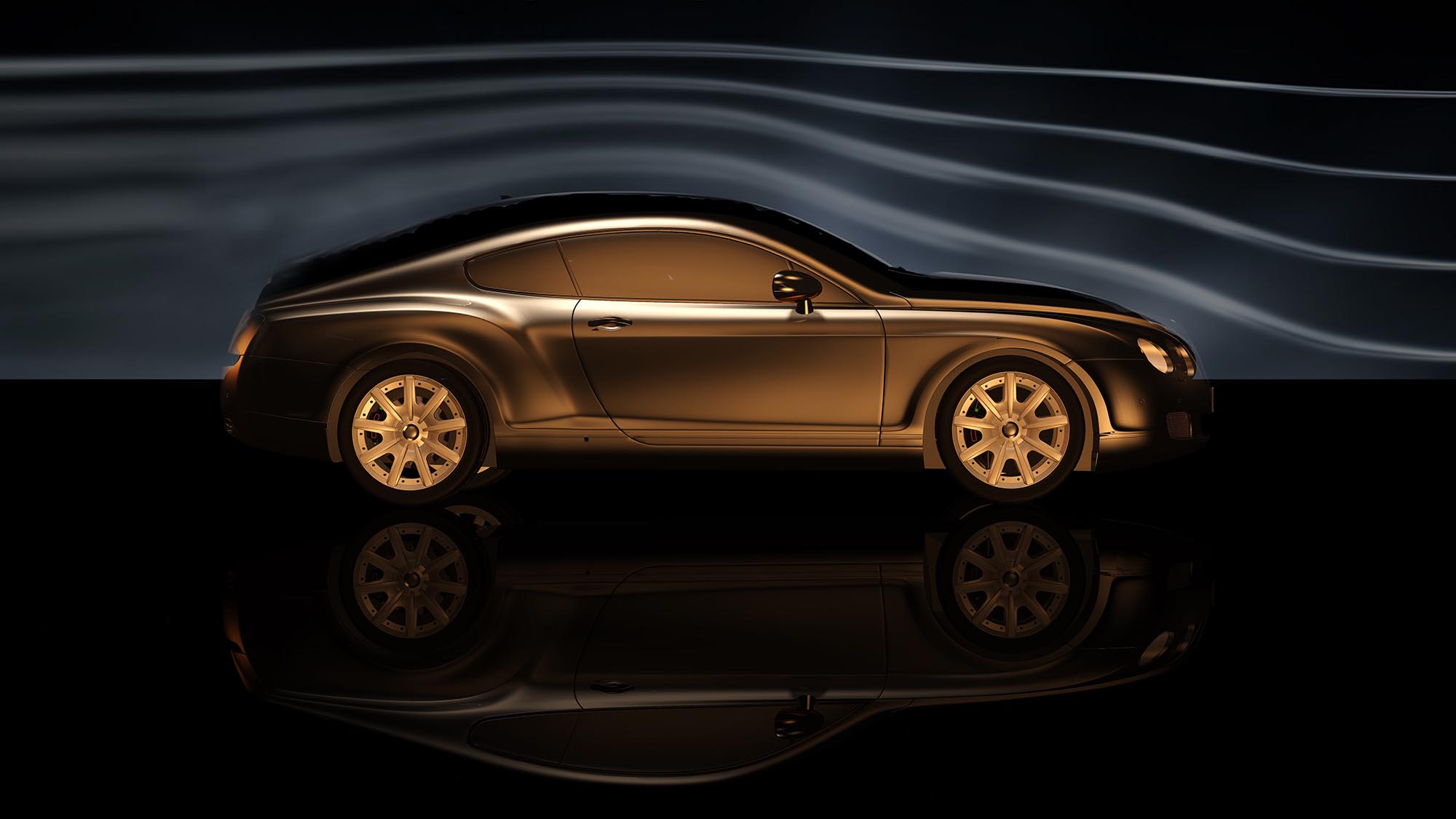Local communities and global economies are dependent on road transport. Road transport is fundamental to driving commercial activity, delivering goods and connecting people and the global figures clearly reflect this…
The world-wide vehicle fleet consists of approximately 947 million cars, 279 million vans and 56 million lorries. Statistics show that since 1976 the number of vehicles on our planet has doubled every 20 years and if this trajectory continues it is estimated that by 2036 the number could reach 2.8 billion.
The facts are well known. Fuel is consumed by a vehicle’s engine as it travels on the road. Fuel-powered vehicles therefore rely on fossil fuel extraction and consumption in vast quantities and the sheer volume of fuel used to keep vehicles running on a daily basis is phenomenal. The excavation and subsequent burning of fossil fuels has a detrimental impact on our natural world and emissions released by road traffic are harmful to the environment, create air pollution and can cause serious health implications.
In an effort to minimise negative human impact on our planet, communities, industries and policy makers need to place focus on designing new, innovative, sustainable long-term solutions, whilst simultaneously adjusting and improving current systems.
The advent of the electric car and alternative fuel developments has been one response to this crisis. It is acknowledged that electric cars charged solely by renewable energy are preferable and indisputably more sustainable than fuel-powered vehicles. Electric vehicles are becoming more readily available and will ultimately dominate the future of the automotive industry, however at present conventional fuel-powered vehicles monopolise the current fleet.
The phase to a predominantly electric vehicle fleet will be gradual and may take decades. Therefore, making fuel economies an essential strategy during this phase. Immediate adaptations need to be made to current models to reduce fuel consumption, with the automotive industry needing to adopt new tech which works to achieve this in the 1.4 billion fuel-powered vehicles we currently use.
Somerset based R and D company, Ogab, has utilised patented Active Flow Control technology to develop a breakthrough system that reduces aerodynamic drag on road vehicles. This Advanced Turbulence Reduction System (Advanced TRS), secures a 41% improvement on drag coefficient, by this means it is possible to reduce fuel consumption by 20%.This solution can transform the drag coefficient value of a test case van from its original state to a value that is equal to a highly aerodynamic Tesla S, without modifying the structural design of the vehicle.
If fuel consumption can be reduced by almost 20% per vehicle approximately 63,700 litres of diesel can be saved during a lorry service life, 9,550 litres of fuel can be saved during a van lifespan, 3,340 litres of fuel can be saved during a car lifespan. These reductions are hugely significant.
As a result of Ogab’s Advanced TRS solution the fossil fuel demand created by each fuel-powered vehicle is reduced by one fifth, and in turn so are the emissions created and the money spent on fuel. These are considerable reductions and when applied to a large vehicle fleet the impacts are substantial.
Whilst carbon neutral transport alternatives are developed, the immediate adoption of improvements to current systems are vital to mitigate the inevitable damage fuel-powered vehicles cause to the environment. Ogab works to research and develop sustainable driving products. The creation of these products operates to ensure that the future of travel is greener, safer and reduces human impact on our natural world. To learn more about Ogab’s Advanced TRS project as well as other sustainable technology developments please click here.




